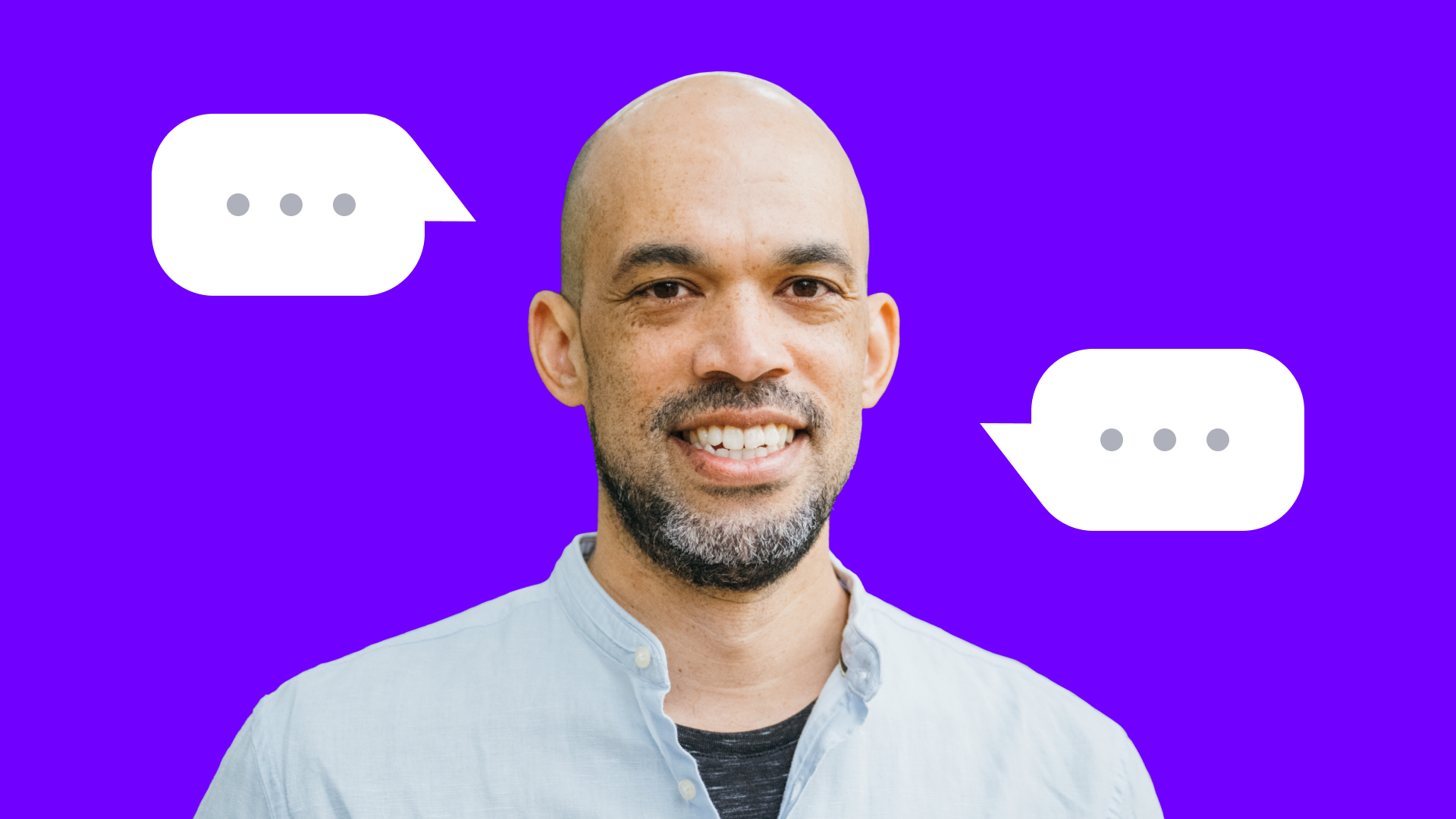“Free drops are the future, and the value comes over time.”

OG.Art ambassador and digital media innovator Kai Turner chatted to our Discord community about the future of media, the challenges DAOs are experiencing and the future of web3. Here, we’ve picked out the most interesting parts of our Q&A.
Kai is an advisor to multiple web3 companies, including Doodles, National Lampoon and NFT42 (Avastars, VeeFriends, and Sotheby's). While at Sony Pictures Entertainment, he filed 3 patents related to blockchain & NFT technologies, after which he worked for 3 years in Emerging Experiences at Netflix before leaving in 2021 to join the Web3 space full-time. He is a creator of MeebitsDAO, founder of the artist incubator and mxtter.art as well as an advisor to multiple web3 companies, including Doodles, National Lampoon and NFT42
You have worked for several major film companies - Sony Pictures Entertainment and Netflix included. How do you envision the future of cinema?
— One of the core concepts I've been developing lately is the idea that we are seeing the transition of media into something I've called Direct-to-Viewer — we're going to increasingly see creators being funded by and having a direct relationship with their viewing audience.
In the future, people will follow creators and filmmakers rather than studios and streamers. But it will take a lot of work to get there, primarily in terms of changing the way in which people think about consuming content.
However, the trend is clear. If you think about how people paid for entertainment in the cable days - your budget was spent on 100s of channels you didn't watch. Now we're paying for many series and films on the streamers we subscribe to, which we don't watch. Eventually, it will be 1:1 what you want to see is what you pay for.

What inspired you to start MeebitsDAO, and what have been some of the greater challenges around governance?
— MeebitsDAO started as an experiment. I wanted to learn about the potential of DAOs, as I think many of the folks who founded DAOs at the time were doing. It was an opportunity to create a DAO where we could think about building the open metaverse using Meebits. My thoughts on governance have evolved a lot since then, culminating in the work I did with Doodles & DoodleBank, where I saw the proposal-based system for budgeting projects as flawed, and we moved to a governing council.
What are your major insights about working with DAOs? What are the main issues that DAOs are facing?
— DAOs have a huge engagement problem. I observed, in studying hundreds of them, that they kind of settle on a Dunbar's number* of 'governance geeks' -- unrelated to the size of the voting body. Even if you have tokens for 100k or more people to vote, you'll get maybe 100-200 engaged voters at best (with some exceptions around ecosystem DAOs).
I'm excited about the potential for DAOs to build things in a public and transparent way, and to allow anyone to participate. But I think there should be a dedicated core team, paid by the DAO.

In the artist incubator, mxtter.art, you work with lots of artists. What are the main challenges artists are facing in web3 now?
— Currently the market is very difficult, as we all know, so artists are going to have to figure out how to continue to build in the space without a steady revenue stream from NFT sales and royalties. They need to think more about building a direct relationship with their collectors/audience. We're focusing on that at [ mxtter ] now, and I think a lot of it is more web2 in a sense in that it's about building a following across different social platforms.
Since royalties alone aren’t sustainable enough to reward NFT artists and generate a sustainable income, what business model should NFT projects adopt, in your opinion, to be a profitable business?
— Subscriptions are something that is missing from the web3 space, and I'm looking to develop them. In the future, I think we will have a system closer to a Patreon model, but it would be interesting if we could do this in a web3 native way.
I don't yet have a solution to that, because, with crypto, you can't really debit from a wallet the way you can debit from a credit card.
What do you think the future holds for generative AI artists?
— It's hard to overlook how AI is reshaping everything in art & media. I think it would be interesting to see artists look into training AI models in their own style, and then make them an 'engine' to drive generative work.
The NFTs market is really low. What are your feelings and forecast about it?
— Probably not what people want to hear — I think the speculative phase is over, and now I tend to think the implicit value of a token will be 0. That's why I think free drops are the future of meta. We've gotten used to paying upfront for future potential value when I believe the value comes over time. So if you discover a new artist today, and they go on to be a renowned artist, those early tokens will be valuable. There are ways to add value to 0 for instance, by being well-known already, but with [ mxtter ], we've been focusing on discovering new artists.
I like to see the crossover between digital and physical, though.

What do you think about BitCoin NFTs?
— I don't know why we are doing BTC NFTs when the biggest challenge when I was pitching NFTs internally at Netflix was the eco-footprint. We solved that with Ethereum, and now we're going back to proof-of-work on BTC. Feels like a step backwards. Let Bitcoin be Bitcoin, IMO - just a store of value. I'd love for Bitcoin to figure out how to move to completely green energy and maybe even become a financial incentive for green energy.
As a founder, what do you think is the most important quality to have to succeed and build something meaningful out there?
— Probably focus more than anything else. Especially with the pace at which things are moving, you need to try to arrive at a core thesis and stick to it. One of the lessons I picked up from Netflix is to try to document some of your core assumptions or bets about where you think things are going, and then you can amend that over time, thoughtfully.
Right now, it's especially tempting to drop everything and pivot into something like AI, but the core developments of web3 are still pointing to exciting things we shouldn't lose track of.
As an artist, you have had experience working with major partners from both the traditional art world (Sotheby's) and web3 (Artblocks). How was your experience with each?
— With both, I felt like the emphasis was on the work more than the artist, which is why we wanted to put the artist first with [ mxtter ] — and it feels like OG.Art is doing the same.
In the end, it's the story of the artist which is most interesting, and the art then reflects their intentions.
If you had to explain NFTs to your mom, what would you say?
— I have already had to explain NFTs to my mom! I typically start with the analogy of collectables, like comics or trading cards, which people immediately understand. Then I point out how that same ownership can apply to digital pieces like art and collectables — I don't go into many technical details other than that you can prove someone owns a piece of art. From there, I usually focus on one key thing like provenance and how you can see that a piece of art was really created by that artist and how this solves many of the problems facing the traditional art world.

